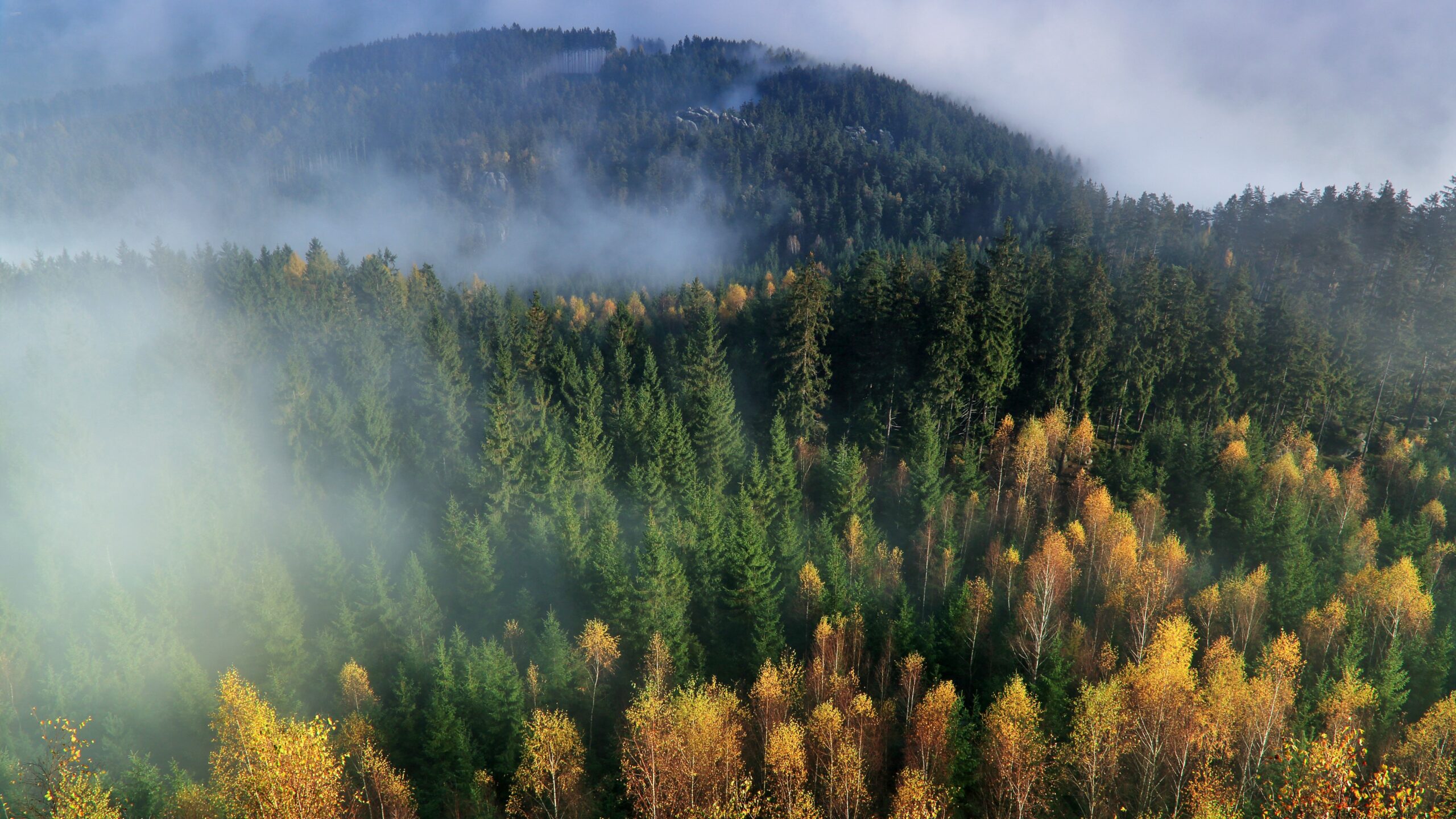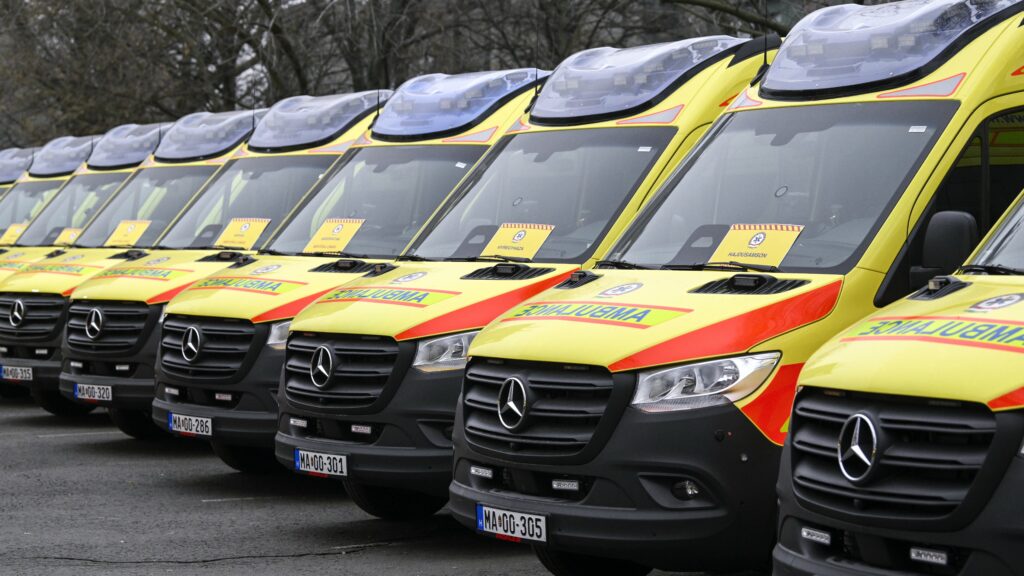The Hungarian National Bank (MNB), in cooperation with WWF Hungary, has taken a new direction in climate protection, focusing on the restoration of natural habitats. This project goes far beyond traditional tree planting and is unique because restoring natural systems offers a more cost-effective and sustainable solution to addressing environmental challenges such as extreme weather events, flash floods, and droughts.
In 2019 the MNB launched its Green Programme, whose third pillar targets the greening of the central bank’s operations. The MNB aims to reduce its carbon footprint by 75 per cent by the end of 2025 compared to the baseline year of 2019, and to compensate for the remaining emissions through the restoration of natural habitats. With the help of WWF Hungary, the MNB is supporting habitat restoration projects that include the restoration of a 27-hectare native oak forest in the Geszt region and the creation of a 32-hectare mosaic of marsh meadow and forest near Drávaszentes. These projects not only aim to absorb carbon dioxide but also contribute to soil regeneration, stabilization of the microclimate, improvement of water management, and mitigation of the impacts of extreme weather events.
According to MNB Deputy Governor Csaba Kandrács the central bank sought solutions that not only serve the goal of achieving climate neutrality but also contribute to mitigating the extreme weather conditions caused by climate change and improving the state of biodiversity.
Director of WWF Hungary Katalin Sipos highlighted that companies leading in sustainability are investing in habitat development, while most companies still focus solely on carbon neutrality and emission reduction. However, the new European sustainability reporting obligations provide an opportunity to introduce more complex, multi-purpose solutions that include nature restoration and biodiversity protection.
The joint projects between WWF and the MNB contribute to increasing the naturalness of Hungary’s protected areas, thus enriching the natural values of the Körös-Maros National Park and the Danube-Drava National Park. Such collaborations can ensure a more sustainable future not only from an environmental perspective but also economically in the long term.
Read more:







